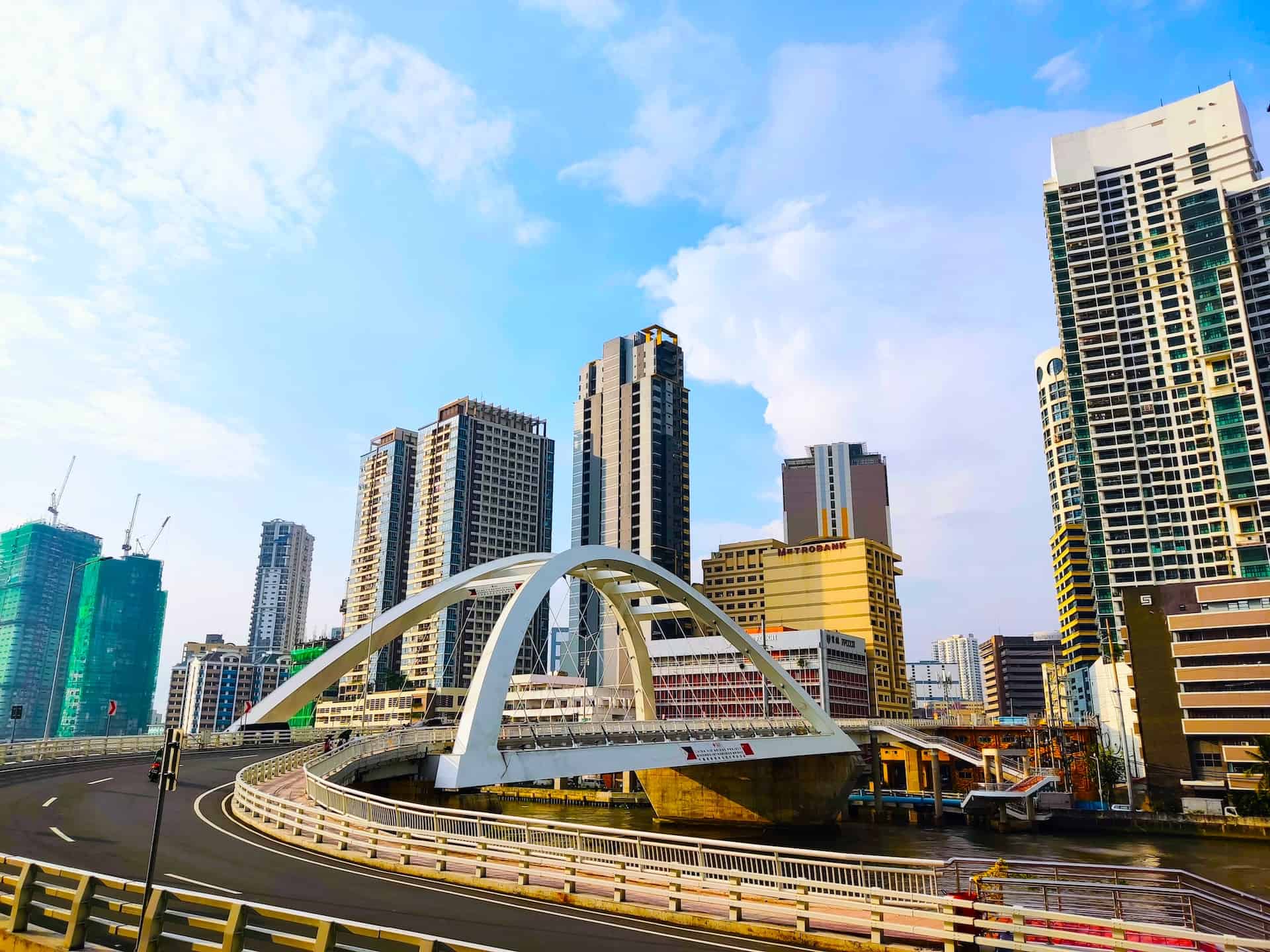Foreigners Owning a Business in the Philippines
Starting a business in the Philippines as a foreigner can be a rewarding endeavor, given the country’s vast potential and welcoming environment. However, it’s essential to be well-informed about the legal frameworks and industry-specific requirements. Engaging local experts and forming strategic partnerships can pave the way for a successful venture in this Southeast Asian gem.
The Philippines, with its growing economy and booming tourism, has become an attractive destination for foreign investors. Whether it’s the pristine beaches, friendly locals, or affordable cost of living, more and more foreigners are considering starting a business in the country. But, like any foreign land, there are rules and regulations that one needs to follow. This article seeks to provide a comprehensive guide for foreigners interested in owning a business in the Philippines.

1. The Basics of Business Ownership for Foreigners
In the Philippines, foreigners are restricted from owning land. This, however, does not equate to a prohibition on owning businesses. Through various legal structures, foreigners can either own a part or the entirety of a business.
Foreigners can wholly own a corporation if the business falls under the Foreign Investment Negative List (FINL). On the other hand, certain industries require a percentage of Filipino ownership, such as public utilities, which mandates at least 60% Filipino ownership.
2. Requirements and Legal Framework
The most common business entity that foreigners establish in the Philippines is a corporation. To set one up, you will need a minimum of five incorporators, with the majority being Philippine residents. Moreover, a foreigner’s equity can go up to 100%, depending on the business. The capital requirements also differ based on the nature and extent of the business.
To ensure you’re in compliance with the law, working with a local lawyer is recommended. They can guide you through the intricate processes, including securing necessary permits, licenses, and registration with the Securities and Exchange Commission (SEC).
3. Retail Trade Act
Historically, the retail trade was reserved mainly for Filipinos. But with the passage of the Retail Trade Liberalization Act of 2000, the doors opened for foreign investors. Foreigners can now engage in retail trade, but there are investment thresholds to be met.
For instance, a minimum of $2.5 million USD is required for full foreign ownership of a retail trade business. On the other hand, businesses with a capitalization between $250,000 and $2.5 million have a required Filipino equity participation.
4. Special Economic Zones
The Philippines offers special economic zones (SEZs) that are designed to attract foreign investments. These zones provide fiscal and non-fiscal incentives to businesses. Foreign investors who locate their businesses in SEZs can enjoy benefits like income tax holidays, tax and duty-free importation of raw materials, and simplified export and import procedures.
There are different types of SEZs, such as the Philippine Economic Zone Authority (PEZA) zones and the Subic Bay Metropolitan Authority (SBMA) zones. Each has its own set of benefits and requirements, making it essential for investors to determine which one aligns with their business goals.
5. BPO and IT Sector
The Business Process Outsourcing (BPO) and Information Technology (IT) sectors have seen exponential growth in the Philippines. The government offers various incentives to promote investments in these sectors. Under the Special Economic Zone Act, IT parks and buildings can provide spaces for BPO operations, granting the companies tax holidays and other fiscal incentives.
For foreign investors, there’s a chance for full ownership in the BPO and IT sectors. However, they need to ensure that the business complies with the requirements set by PEZA and other relevant authorities. Regular audits and compliance checks are performed to ensure companies adhere to these standards.
6. Financing and Banking
Foreign banks have been operating in the Philippines for many years. With the passage of the Foreign Banks Liberalization Act, the number of wholly-owned foreign bank branches and subsidiaries has increased. This law allows up to 100% foreign ownership for established banks, subject to approval from the Bangko Sentral ng Pilipinas (BSP).
Despite the liberalization, there are still stringent requirements and standards to be met. For instance, foreign banks must demonstrate a track record of success and be widely recognized and established in their home country. This ensures that only reputable banks operate in the Philippines.
7. Real Estate and Construction
While foreigners cannot own land in the Philippines, they can still invest in real estate through condominium units. The Condominium Act allows foreigners to own up to 40% of the condo units in a project. Moreover, they can also engage in the construction business, but Filipino equity is required.
For those interested in the construction sector, getting an AAA license from the Philippine Contractors Accreditation Board (PCAB) is essential. It’s also crucial to form partnerships with local entities to navigate the requirements and legalities of the industry.
8. Tourism and Resorts
The Philippines, with its stunning beaches and natural wonders, is a hotspot for tourism. The government actively promotes foreign investments in this sector. Under the Tourism Act of 2009, accredited tourism enterprises can avail of fiscal and non-fiscal incentives, including income tax holidays and duty-free importation of capital equipment.
While there are many opportunities, there are also challenges. Foreign investors should familiarize themselves with the specific requirements, such as environmental compliance and community involvement. Partnering with local stakeholders can be beneficial in understanding the local culture and ensuring smooth operations.

















Add comment